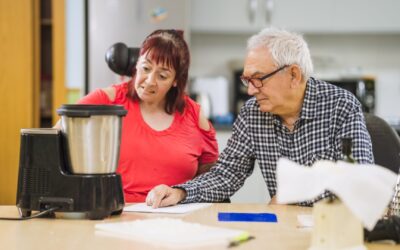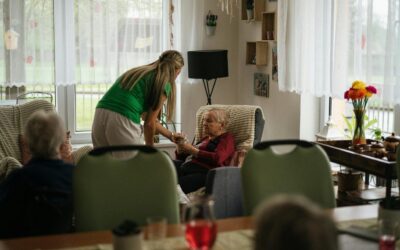Quick Answer Box
Q: What is included in SIL?
A: Supported Independent Living (SIL) covers daily living supports such as personal care tasks, cooking, cleaning, medication assistance, and community participation.
It funds support workers to provide assistance for NDIS participants with higher support needs, helping them live more safely and independently at home. SIL does not cover rent, groceries, or specialist disability accommodation (SDA), which are funded separately.
Introduction: Why Supported Independent Living Matters
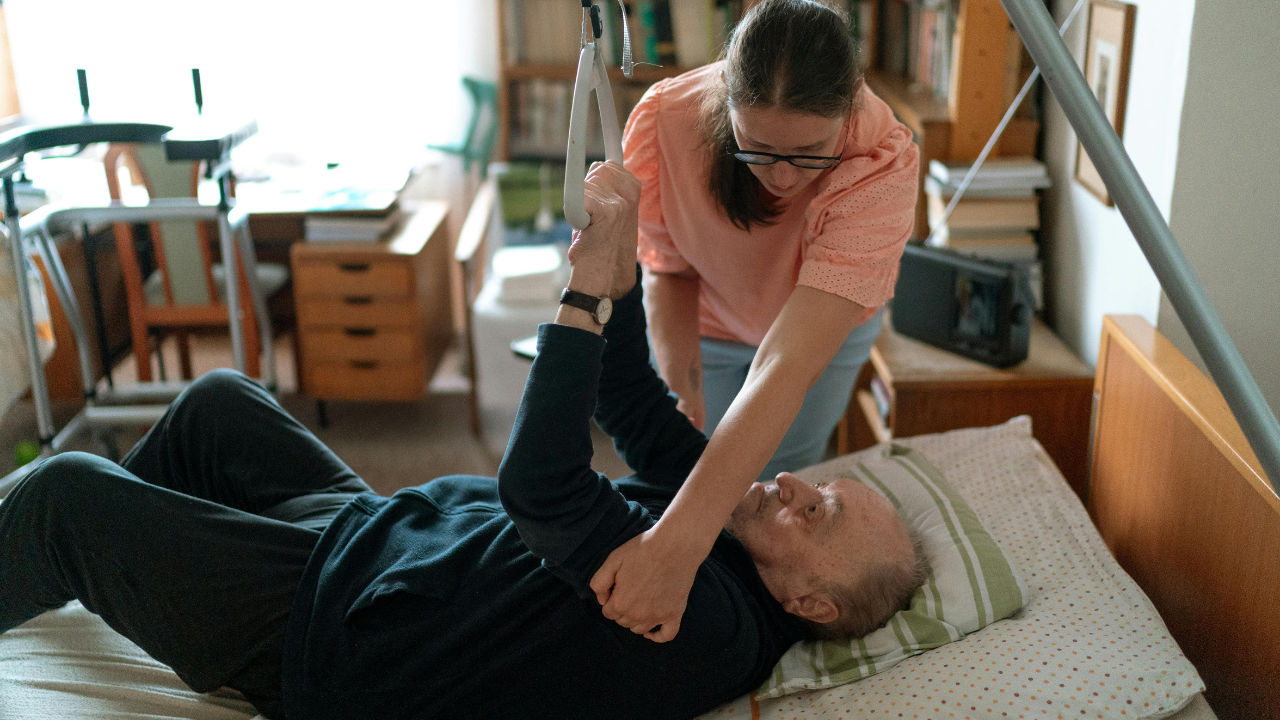
For many people in the disability community, the chance to live life with dignity and independence is central to their goals. Supported Independent Living (SIL) is an important type of NDIS funding that makes this possible.
It enables participants to receive help with daily tasks while building confidence and skills to live independently.
When families and participants ask “what is included in SIL”, the answer is about more than support services. It is about creating opportunities, building security, and empowering people to thrive in the right home with the right support workers.
What Is Supported Independent Living (SIL)?
Supported Independent Living SIL is a category of NDIS supports designed for participants with very high support needs. It provides funding for staff to assist with everyday activities in a shared home or, in some instances, individual housing.
SIL is typically provided in combination with specialist disability accommodation (SDA), which covers the physical accommodation. SIL focuses on support, while SDA funding covers the housing itself.
What Is Included in SIL?
When considering SIL funding, the inclusions are designed to support independence and safety. They typically cover:
- Personal care tasks such as showering, dressing, grooming, and continence care
- Daily living activities including cooking, cleaning, and laundry
- Medication support to ensure routines are safe and consistent
- Supervision to keep participants secure and supported at home
- Community participation so participants can access activities, social groups, and skill development
- Overnight assistance where higher support needs require it
For details, see the official NDIS SIL support guidelines.
What SIL Does Not Cover

It is equally important to know what SIL does not include. SIL does not cover:
- Rent or the cost of an SDA home
- Groceries or day-to-day living expenses
- Specialist therapies provided by occupational therapists or other allied health professionals
- Assistive technology or home modifications (covered by other NDIS supports)
These items are funded separately so that SIL can remain focused on support services delivered by registered SIL providers.
The Role of SIL Providers
A SIL provider plays a key role in helping participants access the right support services.
What SIL Providers Do

- Hire and train support workers
- Provide assistance with daily tasks like cooking, cleaning, and medication
- Ensure supervision for those who are unable to manage alone
- Deliver care in line with the NDIS Commission’s safeguards
- Work closely with support coordinators, families, and NDIS planners to design tailored supports
Check the NDIS Code of Conduct to see what providers must follow.
How SIL Supports Independence

SIL is not just about care. It empowers people to build skills and take more control of their life.
Examples include:
- Learning to cook independently with a friendly team of staff assisting where needed
- Gaining confidence in cleaning and managing a home
- Building routines with help from support workers and support coordinators
- Practising money management skills to pay bills and spend money wisely
👉 See the NDIS Practice Standards for how providers ensure quality and independence-building.
SIL and Specialist Disability Accommodation (SDA)
Many people ask about the difference between Supported Independent Living SIL and specialist disability accommodation (SDA).
- SDA funding covers the housing or accommodation itself
- SIL funding covers the support workers who provide assistance inside the home
For instance, a person may live in an SDA home with accessible features. Their SIL supports then cover the help needed for daily living tasks, supervision, and higher support needs.
How SIL Funding Is Decided
The Australian Government, through the NDIA, uses assessments to determine how much SIL funding a participant receives.
Factors Considered

- The participant’s very high support needs
- Level of assistance required for personal care and daily tasks
- Whether the participant lives in shared housing or alone
- Reports from occupational therapists, support coordinators, or families
If a participant feels their funding is not enough, they can request a plan review or appeal to the Administrative Appeals Tribunal.
Common Questions About SIL
What is included in SIL?
SIL includes personal care tasks, daily living support, supervision, and help with community participation.
Does SIL cover groceries or rent?
No. Groceries, rent, and household bills are funded separately.
Who delivers SIL supports?
A registered SIL provider with trained support workers, overseen by the NDIS Safeguards and Quality Commission.
Can SIL work with SDA?
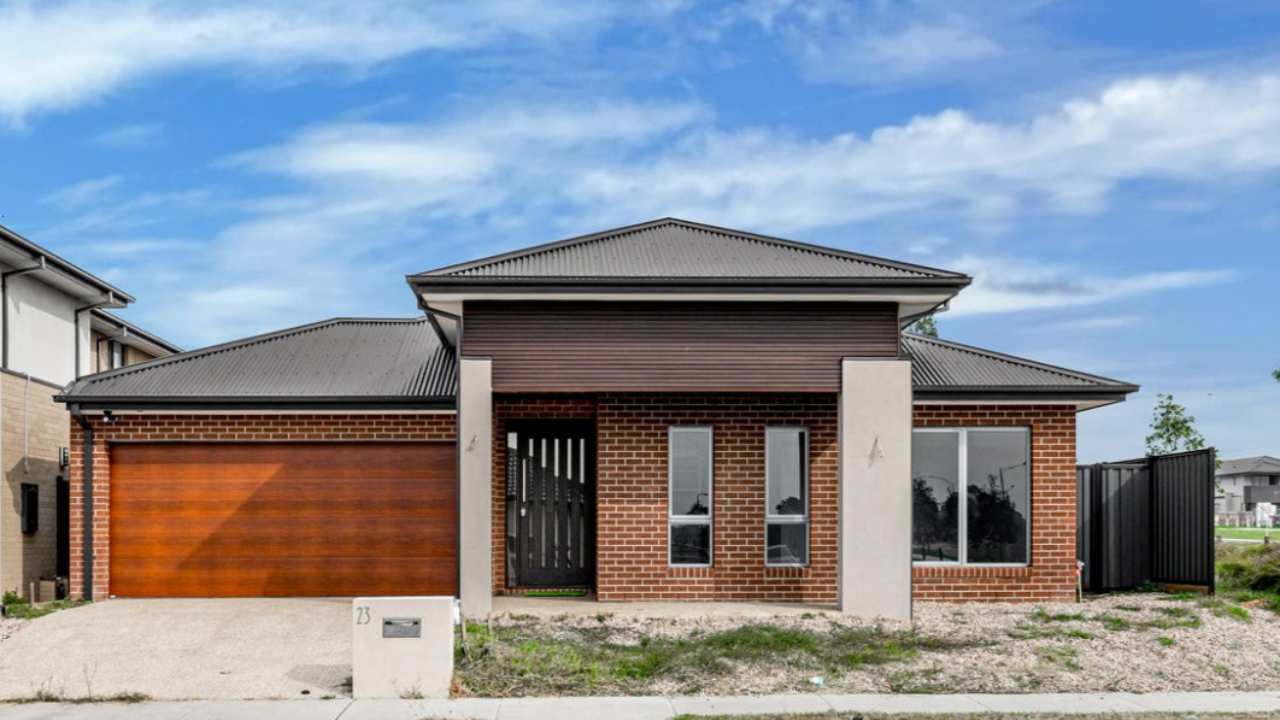
Yes. SIL funding covers support, while SDA funding covers accommodation.
Practical Tips for Participants and Families
- Always check your NDIS plan to see what has been funded
- Talk with your support coordinator to explore suitable housing and support services
- Choose a friendly team of support workers from a trusted registered SIL provider
- Keep communication open with your families and providers to ensure supports remain tailored
- Provide feedback during public consultations to help improve SIL and related supports
Conclusion: SIL as a Pathway to Independence
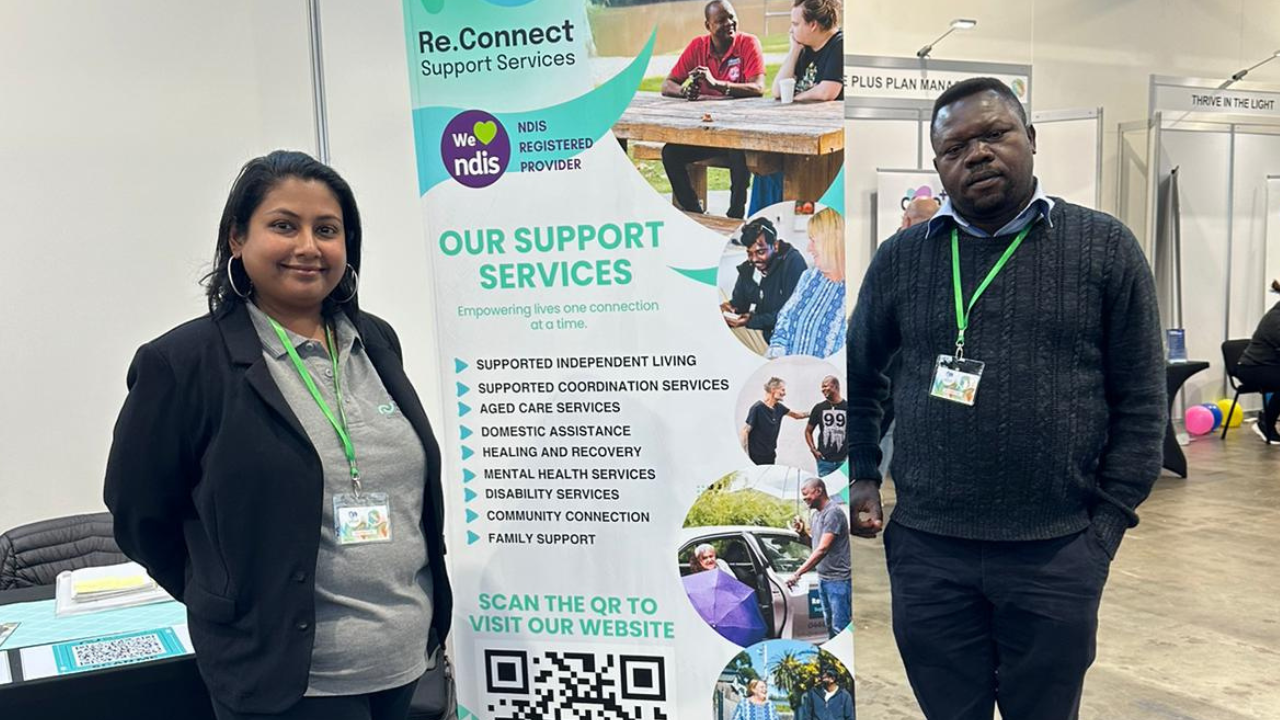
Understanding what is included in SIL helps participants, families, and providers make informed choices.
SIL covers daily living support, personal care, and supervision, but does not cover housing or groceries.
By working with a registered SIL provider, engaging a support coordinator, and using SIL funding wisely, participants can live life with more independence, security, and confidence.
At Re.Connect Support Services, our friendly team is here to help participants explore SIL, connect with the right services, and create a future where every person can thrive.
👉 Learn more about Supported Independent Living on NDIS.gov.au
